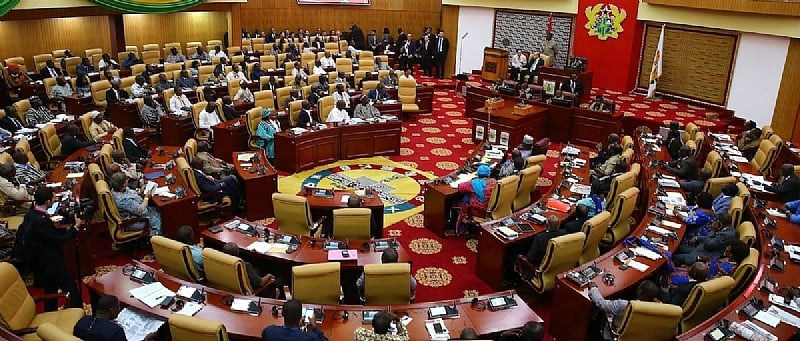The Ghanaian Parliament has recently passed the Road Maintenance Trust Fund Bill, 2025, a groundbreaking piece of legislation poised to transform the financing and maintenance of the nation’s road infrastructure. This landmark bill addresses long-standing issues of insufficient funding and legal obstacles that have hampered the effectiveness of the pre-existing Road Fund. It establishes a dedicated funding mechanism designed to ensure consistent, transparent, and sustainable financial support for the preservation and improvement of roads, bridges, and associated transport infrastructure throughout the country. The passage of this bill represents a significant step towards improving Ghana’s road network and overall transportation system.
The previous system was plagued by outdated institutional arrangements and inconsistent disbursement of funds, leading to inadequate routine and periodic maintenance. This has resulted in a progressive deterioration of road quality, increased vehicle operating costs, and compromised safety for drivers, passengers, and transport operators. The existing Road Fund lacked the necessary mechanisms to ensure consistent funding and efficient allocation of resources. The new legislation aims to address these critical shortcomings and usher in an era of improved road maintenance practices.
The Road Maintenance Trust Fund Bill, 2025, introduces a robust and reliable financing framework designed to guarantee adequate and predictable funding for road maintenance. By creating a dedicated trust fund, the government aims to secure a consistent stream of revenue specifically earmarked for road maintenance activities, preventing the diversion of funds to other projects. This dedicated funding will ensure that resources are readily available to carry out essential maintenance and repair work promptly, preventing further deterioration of the road network.
The bill incorporates measures to enhance accountability and transparency in the management of funds. It introduces stringent penalties for misappropriation and misuse of funds, acting as a deterrent against corruption and ensuring that resources are utilized efficiently. Furthermore, the legislation promotes performance-based financing, linking funding allocations to specific performance indicators and outcomes. This approach incentivizes efficient and effective maintenance practices, ensuring that funds are utilized to achieve tangible improvements in road quality.
The legislation also seeks to improve the equitable distribution of maintenance resources across Ghana’s road network. The previous system often favored certain regions or types of roads, leaving others neglected. The new bill aims to address this imbalance by establishing clear criteria for resource allocation based on need and priority. This will ensure that all parts of the country benefit from improved road conditions, contributing to balanced regional development and improved accessibility for all citizens.
With the passage of the Road Maintenance Trust Fund Bill, the government envisions a significant shift towards a more disciplined and transparent approach to managing and preserving Ghana’s road assets. The implementation of the new fund is expected to commence within the next fiscal year, bringing about improved planning and execution of maintenance activities. The consistent and predictable flow of funds will enable proactive maintenance, preventing minor issues from escalating into major problems, reducing long-term costs, and extending the lifespan of the road network. This, in turn, will contribute to economic growth by facilitating trade, improving transportation efficiency, and enhancing road safety for all users. The new legislation represents a crucial investment in Ghana’s future, laying the foundation for a more robust and sustainable road infrastructure system.














